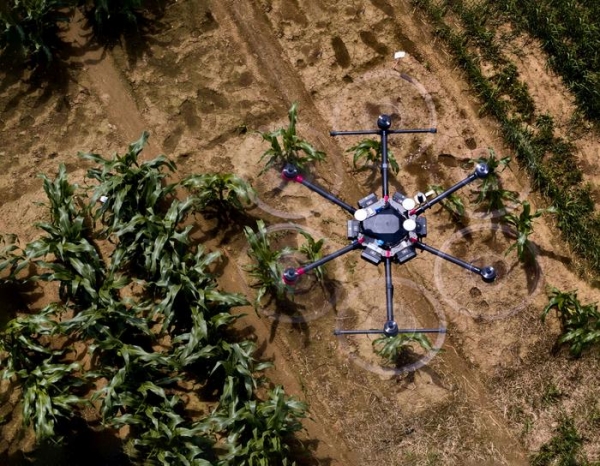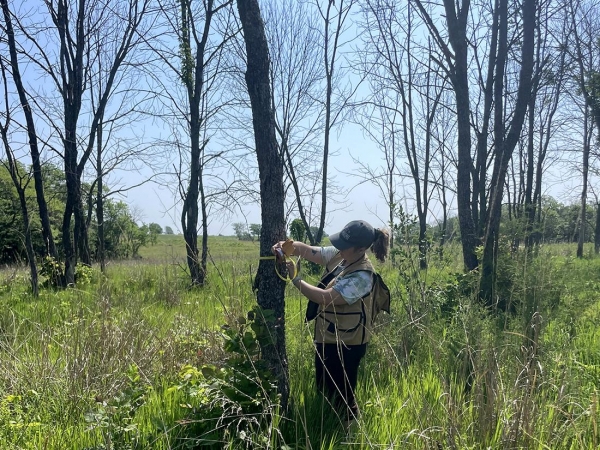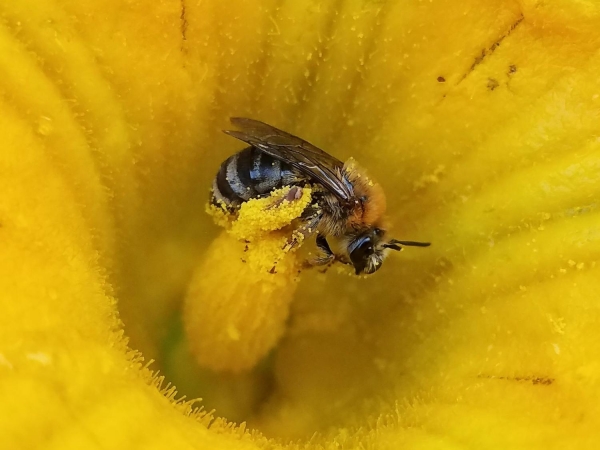In California’s 2022-2023 winter season, the state faced nine atmospheric rivers (ARs) that led to extreme flooding, landslides, and power outages – the longest duration of continuous AR conditions in the past 70 years.
articles
AI Will Play a Crucial Role in Tackling Biodiversity Crisis
Scientists say artificial intelligence can transform the identification and monitoring of species across the world, providing a revolutionary tool in supporting action to understand and reverse biodiversity losses.
AI to Make Crop Production More Sustainable
Drones monitoring fields for weeds and robots targeting and treating crop diseases may sound like science fiction but is actually happening already, at least on some experimental farms.
Surviving Ash Trees May Hold Key to Saving Multiple Species of the Trees
The invasive insect emerald ash borer is killing ash trees at an unprecedented rate in the United States, and now five North American species of ash are considered critically endangered, according to the U.S. Department of Agriculture (USDA) Forest Service.
Turbid Waters Keep the Coast Healthy
To preserve the important intertidal areas and salt marshes off our coasts for the future, we need more turbid water.
Bee Body Mass, Pathogens and Local Climate Influence Heat Tolerance
How well bees tolerate temperature extremes could determine their ability to persist in a changing climate.









